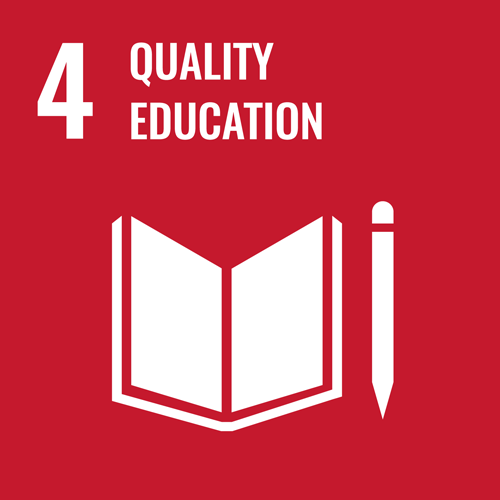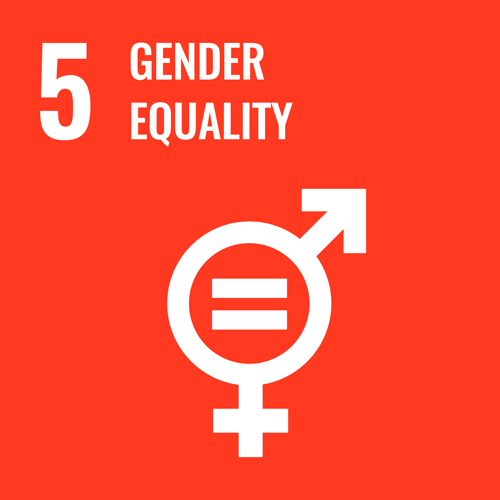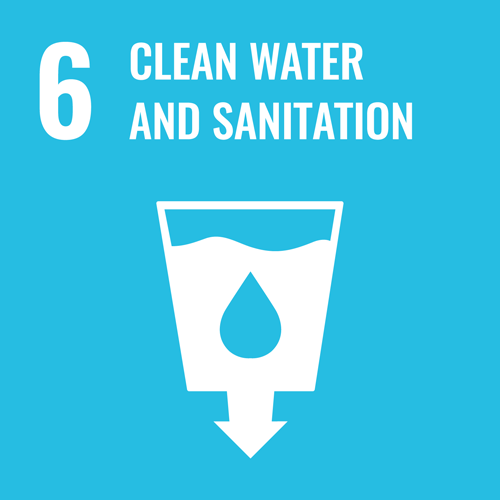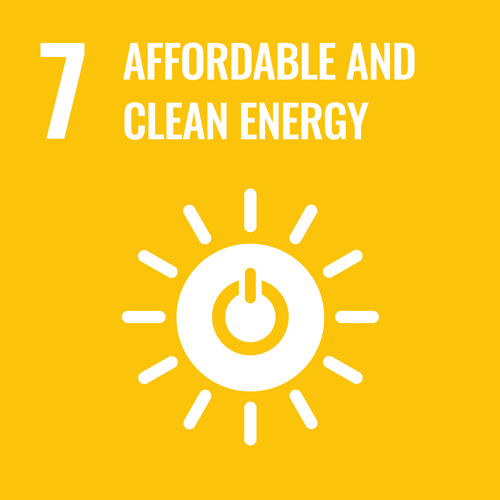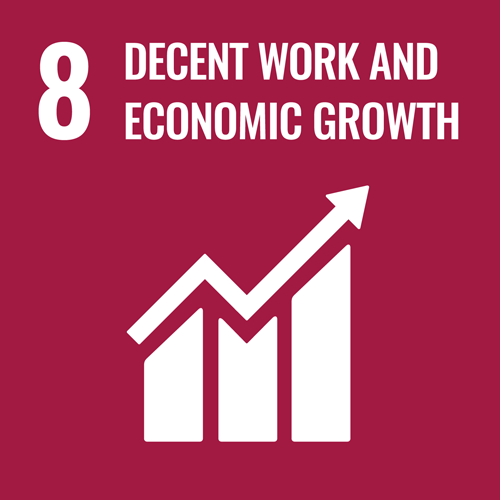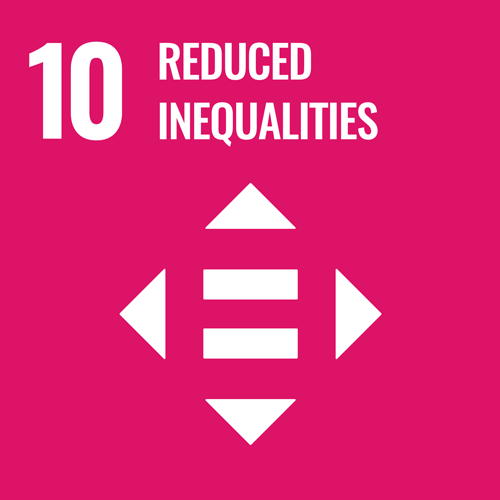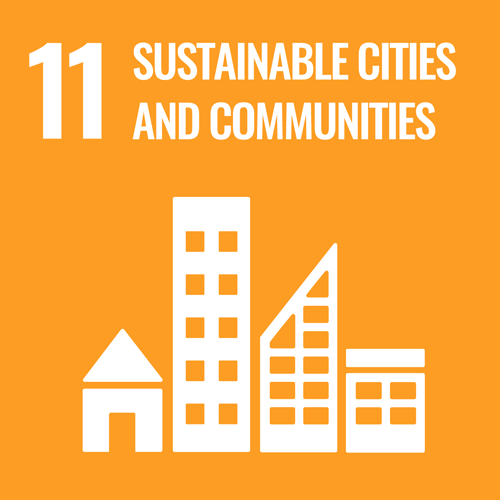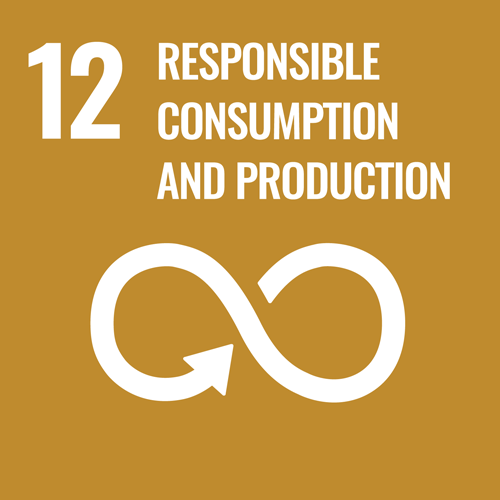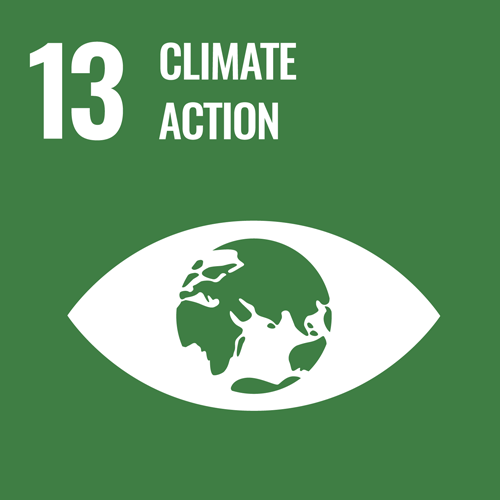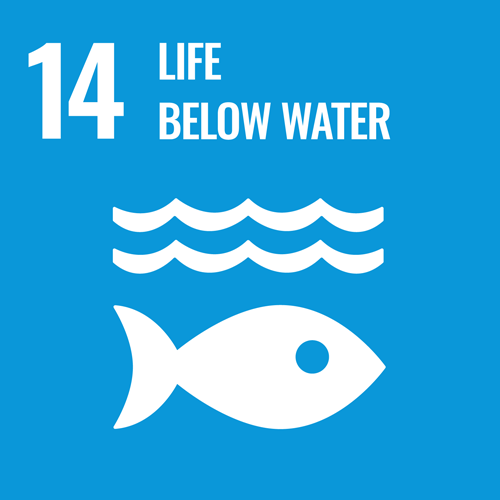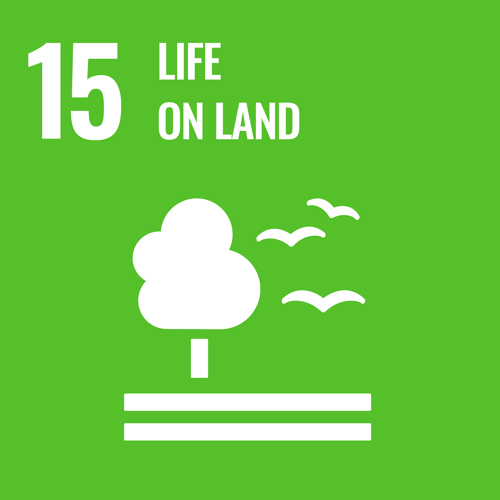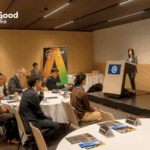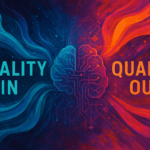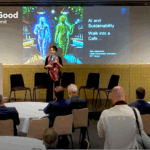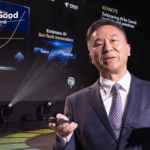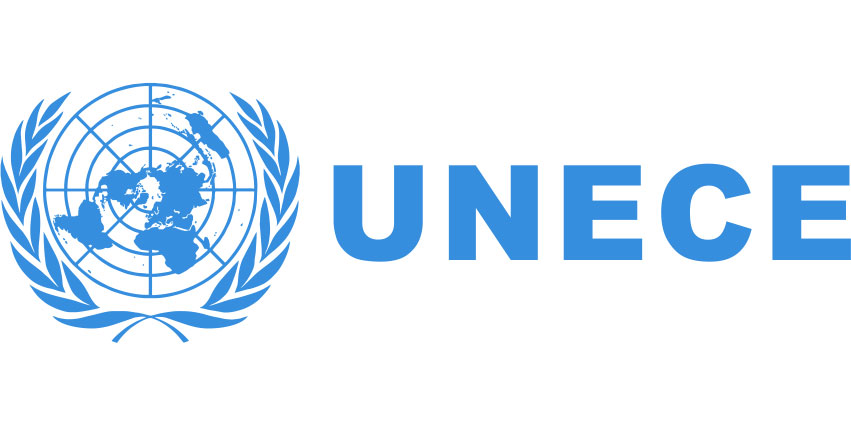
UNECE’s major aim is to promote pan-European economic integration. UNECE includes 56 member States in Europe, North America and Asia. However, all interested United Nations member States may participate in the work of UNECE. Over 70 international professional organizations and other non-governmental organizations take part in UNECE activities.
Description of Activities on AI
Project 1: UK Office of National Statistics (ONS) – UNECE Machine Learning Group 2022
National and international statistical organisations produce official statistics that affects important policies and decisions for the society and economy. ML holds a great potential for statistical organisations to harness new data sources (e.g., big data) and make their business more efficient, allowing them to provide better data services. The ONS-UNECE Machine Learning Group 2022 (ML 2022) is an initiative targeted at the official statistics community, providing a platform for the global statistical community to develop research, build skills and share common challenges and solutions on ML developments and applications. It builds on the momentum of the 2019-2020 UNECE HLG-MOS Machine Learning Project and the ML Group 2021. The initiative was launched in January 2022, is led by the ONS Data Science Campus and the UNECE. ML 2022 consists of theme groups focusing on following topics text classification, modelling, imagery analysis, quality of training data, model re-training, web-scrapping data and IT infrastructure.
Project 2: Functional Requirements for Automated Vehicles
The Group dealing on Functional Requirements for Automated Vehicles is led by China (MIIT), Germany (KBA) and the United States of America (NHTSA). It reports to the Working Party on Automated/Autonomous and Connected vehicles of UNECE. It works on safety requirements covering all Automated Driving Systems (ADS) configurations (SAE Levels 3-5). These activities at intergovernmental level form a novel initiative aimed at harmonizing globally automated vehicles regulations and creating a more productive environment for innovation.
Work assumptions: to Improve road transport, Performance-based, Technology-neutral, Measurable, Feasible, and Socially acceptable.
Project 3: Validation Method for Automated Driving
The Group on Validation Method for Automated Driving is led by Canada (Transport Canada), The Netherlands (RDW) and Japan (NTSEL). It reports to the Working Party on Automated/Autonomous and Connected vehicles of UNECE. It includes four subgroups on (a) Scenarios, (b) Simulation, (c) Audit and Monitoring, and (d) Track Test and Real-world Test.
It deals with the validations methods leading to the demonstration of a robust design and validation process based on a systems-engineering approach with the goal of designing automated driving systems free of unreasonable safety risks and ensuring compliance with road traffic regulations [..]. Design and validation methods should include a hazard analysis and safety risk assessment for Automated Driving System (ADS), for the Object and Event Detection and Response, but also for the overall vehicle design into which it is being integrated and when applicable, for the broader transportation ecosystem. Design and validation methods should demonstrate the behavioural competencies an Automated/autonomous vehicle would be expected to perform during a normal operation, the performance during crash avoidance situations and the performance of fall-back strategies. Test approaches may include a combination of simulation, test track, and on-road testing.
Project 4: Task Force on Digitalization in Energy
Technologies facilitating new market opportunities: digital innovations – tools, technologies and processes (such as Artificial Intelligence, Blockchain, Machine Learning, Advanced Data Analytics, Internet-of-Things, Big Data, Cloud Computing, Sensors, Automation, 3D Printing, Robotics, etc.), are inspiring energy suppliers, transmission and distribution companies, and demand sectors (buildings, industry, transport) to establish new business models allowing to generate, deliver and consume energy in a more sustainable fashion. These innovative technologies are providing new opportunities to businesses by changing the way how interaction happens, optimizing processes, enhancing flexibilities, and improving efficiencies.
The Task Force on Digitalization in Energy was established by the Committee on Sustainable Energy in 2020, with the mandate for the period of 2021-2022 with a possibility of extension. The Task Force on Digitalization in Energy reports to the Group of Experts on Energy Efficiency. The Task Force provides a platform for cross-industry experts from the energy sector (including from the other subsidiary bodies of the Committee on Sustainable Energy) and digital innovations to develop a unified voice on digitalization in energy. It critically explores the landscape of new stakeholders through a constructive dialogue (including assessment of opportunities, challenges, risks, and trade-offs) to understand the interaction in the digitalized energy system and bringing consensus about the approach that should be considered for shaping the future of energy system. Activities of the Task Force also include aggregating and reviewing the existing national policy initiatives as well as harmonizing the information produced by other key national and international bodies, in order to better assist policymakers and other stakeholders in UNECE region to provide evidence-based direction to achieve the higher levels of efficiency in the energy system.
Project 5: Policy discussion – Challenges of big data and analytics-driven demand-side management
In recent years, the energy sector has experienced a shift towards disruptive trends such as decarbonization, decentralization and digitalization, creating an energy transition that generates a major impact on the utility industry worldwide.
Technologies that are driving digitalization of the utility sector include distributed energy generation, utility-scale storage, electric vehicles and charging infrastructure, and the proliferation of advanced metering infrastructure and smart meters. Big data, however, is still a nascent research area in the electric utility industry due to a lack of resources and expertise, whilst in other industries, such as online commerce and telecommunications, big data research is developing as fast as the technology that supports it.
As a result, new business models, utility capabilities and consumer commitments, especially on the demand side, will be enabled by these emerging technologies. With proper research funding support, the utility industry can realize international collaboration and fair competition in this technology space.
The objectives of this study are: (a) to review the current challenges of big data analytics within the context of distribution grid / demand-side management; (b) describe policy gaps to the progress of advanced analytics in the utility sector; and (c) identify key questions that deserve further analysis to address the challenges, gaps, and barriers to progressing state-of-the-practice for utility demand-side advanced analytics and advanced demand-side management. The paper identifies key areas for further consideration and analysis and suggests focused research on some specific aspects that are deemed to be in greatest need of attention.
Project 6: Use of artificial intelligence in trade facilitation
Artificial intelligence (AI) is shifting global value chains and international trade pattern. Artificial intelligence (AI) has a transformative effect on international trade. Specific applications in multiple areas such as analytics and cognitive services are diminishing trade barriers.
AI undoubtedly will underpin productivity growth, economic growth and create new opportunities in facilitating trade
The purpose of this project is to look at AI’s role in trade facilitation in the context of UN/CEFACT’s mandates and create whitepapers that focus on how AI can be used to facilitate trade processes and key issues that need to be looked into while leveraging AI capabilities in collecting, processing, analyzing data and extracting inferences from the data
Potentially, this work could also provide guidance to data providers, application developers and technology adopters
Project 7: United for Smart Sustainable Cities (U4SSC)
In 2016, UNECE and the International Telecommunication Union (ITU) established the UN global initiative United for Smart Sustainable Cities (U4SSC), which currently involves 16 UN bodies. U4SSC is a global platform for smart cities stakeholders, which advocates for public policies to encourage the use of ICT to facilitate the transition to smart sustainable cities. The initiative aims to: Generate guidelines, policies and frameworks for the integration of ICTs into urban operations, based on the SDGs, international standards and urban key performance indicators (KPIs); and help streamline smart sustainable cities action plans and establish best practices with feasible targets that urban development stakeholders are encouraged to meet. The topics of this phase of U4SSC are: circular cities, financing smart sustainable cities projects, blockchain in cities, artificial intelligence in cities, sensing technologies and Internet of Things in cities.
The initiative delivers policy guidelines and training materials through the work on specific outputs elaborated via regular e-meetings and physically gathers once per year. In 2017, the U4SSC stakeholders also elaborated a set of Key Performance Indicators (KPIs) for smart sustainable cities which includes 92 indicators (core and advanced) divided in the 3 dimensions of sustainable development: economy, environment, and society and culture. The indicators are fully aligned with the Sustainable Development Goals (SDGs) and serve as a tool for evidence-based decision making, progress monitoring and achieving the SDGs at the local level. They are being implemented by 50 cities of different sizes and development worldwide






